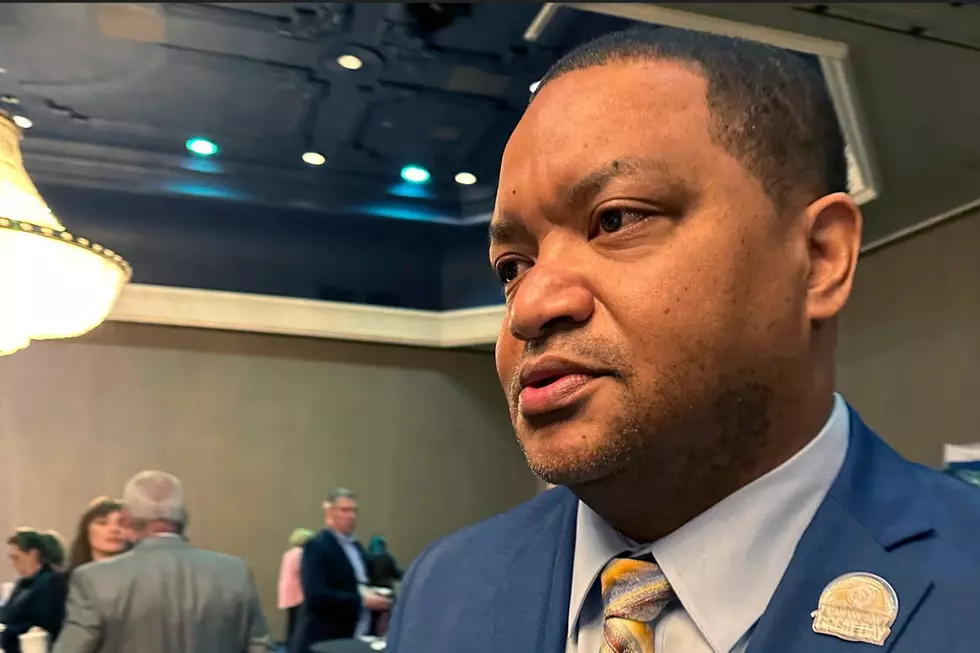
NJ Moves to Establish New Crime — What is Fertility Fraud?
You go to the doctor for help with infertility, and without your consent, he uses his own sperm to create your baby.
Yes, this does happen and has happened. And right now in New Jersey, there's nothing on the books that says this act is actually illegal.
"They seek help and they just wanted to be a mother, and they're violated. It's horrifying," Assemblywoman Gabriela Mosquera, D-Gloucester, chair of the Assembly Woman and Children Committee, said.
Days after her committee did the same, the full New Jersey Assembly on Jan. 26 unanimously approved a proposed law that would establish the crime of "fertility fraud."
Under the measure, it would be a third-degree crime for a health care professional to impregnate someone through assisted reproduction treatment by using their own sample, without written consent from the patient. A doctor would also need written consent to use the sperm of another person.

"It's a shame that we are doing this in 2023, but we have to," said Assemblywoman Shanique Speight, D-Essex, a sponsor of the measure.
The issue garnered national attention with the 2022 release of the Netflix documentary "Our Father." It follows the story of dozens of individuals in the Indianapolis area who learn they are all fathered by the same retired fertility doctor.
As of the documentary's production, more than 90 of the doctor's offspring had come forward.
At the time, there was no crime on the books for the doctor's alleged acts. In 2018, the siblings and their mothers successfully passed legislation in Indiana that makes illicit donor insemination illegal.
According to the documentary, dozens of doctors have been found to have used their own sperm to inseminate fertility patients, thanks to commercial DNA testing.
In 2021, a New Jersey mother sued her former doctor, located in New York, for fertility fraud.
If the bill becomes law, prosecution would be possible within 20 years of the day that the treatment was administered, or within 10 years of the victim first becoming aware that the crime had been committed.
25 True Crime Locations: What Do They Look Like Today?
25 richest people in America and how they did it
More From WPG Talk Radio 95.5 FM










